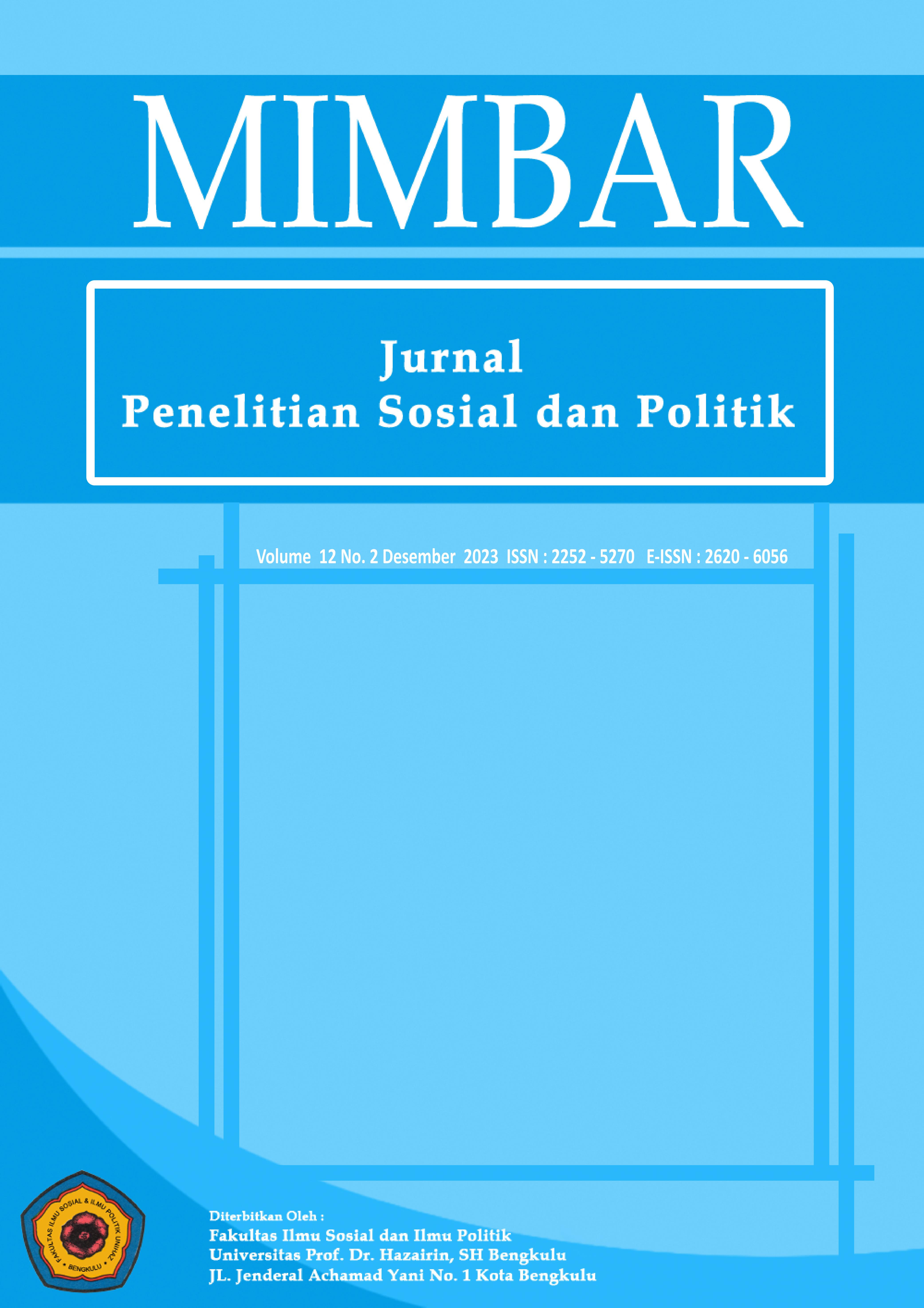ANALISIS KEBIJAKAN PENANGGULANGAN HUMAN IMMUNODEFFICIENCY VIRUS (HIV)/ACQUIRED IMMUNO DEFFICIENCY SINDROME (AIDS) DI KABUPATEN REJANG LEBONG
DOI:
https://doi.org/10.32663/6ty59z04Keywords:
Policy, Management, HIV/AIDS, Rejang LebongAbstract
The aims of this study are twofold: first, to find out the implementation of the HIV/AIDS prevention policy in Rejang Lebong District, and second, to identify the factors that support or hinder the implementation of the policy in the same area. This study uses evaluation research methodology, adopts a descriptive qualitative approach, and describes the theoretical framework of Van Meter and Van Horn. The research participants consisted of the Head of the Rejang Lebong District Health Office, the Rejang Lebong District AIDS Commission (KPA), and community members who were selected using a purposive sampling technique. example. Data collection methods used include observation, interviews, and documentation. The study findings show that the implementation of the HIV/AIDS Response Policy in Rejang Lebong District has not been carried out comprehensively and satisfactorily. The magnitude of the policy is seen in its alignment with existing regulations, but the policy objectives have not been fully realized due to their impracticality at the individual level. Inadequate resources for policy implementation are associated with inadequate availability of human and financial resources. The successful implementation of policy implementation can be associated with the alignment of the characteristics of implementing agents and the attitudes or tendencies of implementers. Effective communication has been established between implementing organizations and PLHIV. However, communication with the general public has not been carried out thoroughly. Concerning the economic and social context, it appears that Rejang Lebong District has not effectively facilitated the implementation of HIV/AIDS prevention policies. This can be attributed to the stigmatization and discrimination of society, as well as the continued involvement of individuals in sex work. Rejang Lebong District faces challenges in implementing HIV/AIDS countermeasures policies, which mainly originate from a scarcity of human resources which has led to dual authority.
Downloads
References



